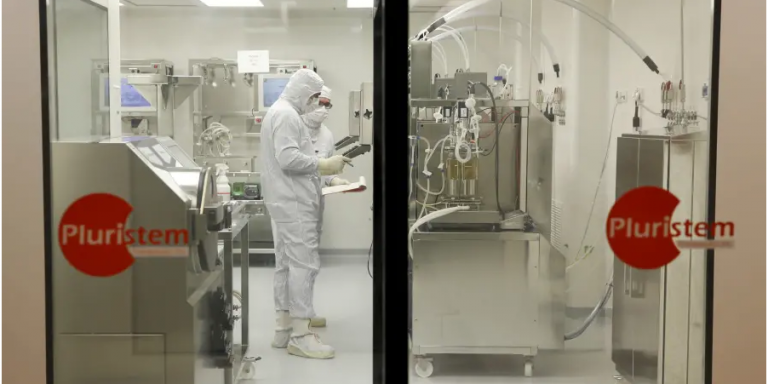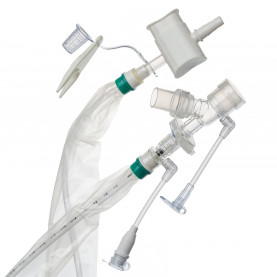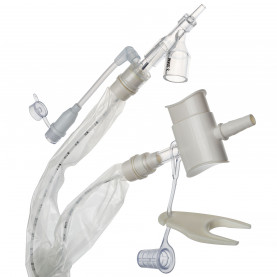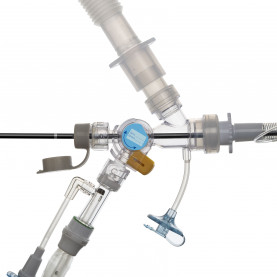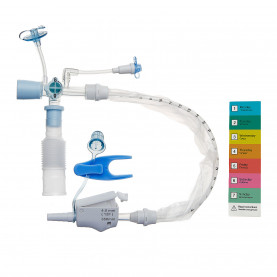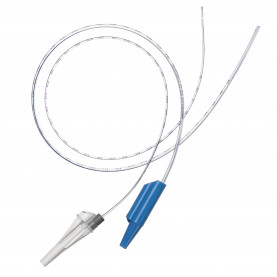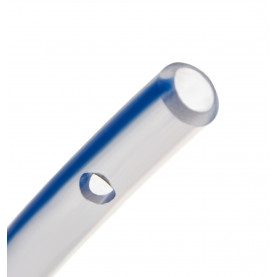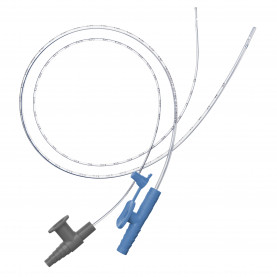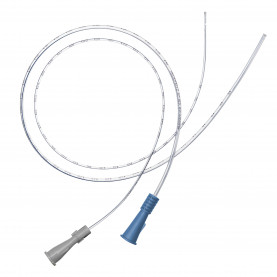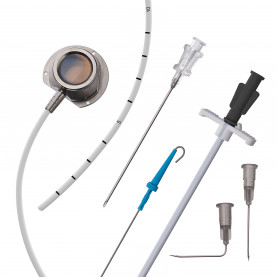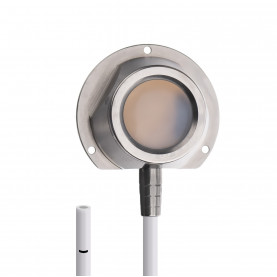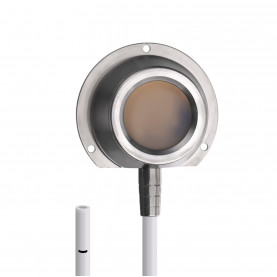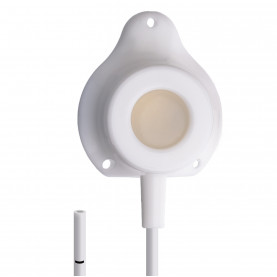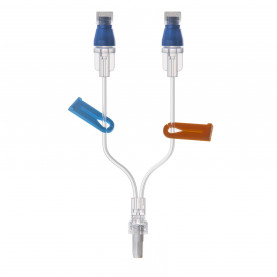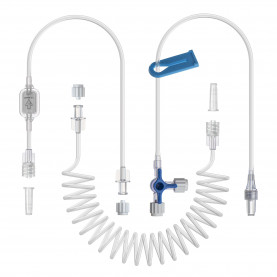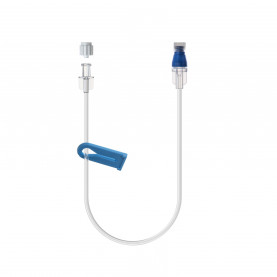Pluristem gets positive results from radiation treatment trials
TEL AVIV - Israel’s Pluristem Therapeutics Inc reported on Wednesday positive results from a series of studies in animals of its placenta-based stem cell therapy to treat acute radiation syndrome (ARS).
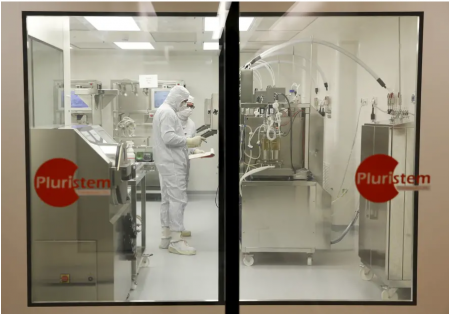
“We believe that this outcome is an important contribution to protect the armed and medical forces which may need to enter contaminated areas,” Chief Executive Officer Yaky Yanay said.
The studies were conducted by the U.S. Department of Defense’s Armed Forces Radiobiology Research Institute.
The tests, conducted via the Food and Drug Administration’s “animal rule pathway” as ARS cannot be tested in humans, were designed to evaluate Pluristem’s PLX-R18 as a preventative treatment for ARS before radiation exposure.
The studies demonstrate that PLX-R18, administered 24 hours before radiation exposure and again 72 hours after exposure, resulted in an increase in survival rates of 46-70% compared with the control group, Pluristem said.
The data also showed an increase in recovery of blood platelets, neutrophils, white blood cells and lymphocytes and a favourable safety profile. Analysis of tissues collected showed an increase in bone marrow cell numbers and improved regenerative capability, the company said.
“We believe that this outcome is an important contribution to protect the armed and medical forces which may need to enter contaminated areas,” Chief Executive Officer Yaky Yanay said.
“It is Pluristem’s goal to provide the different federal agencies access to PLX-R18 that it may be used as a countermeasure both before and after radiation exposure in order to minimize haematological and other organ damage.”
The Department of Defense is conducting further studies.
PLX-R18 is also being evaluated by the National Institute of Allergy and Infectious Diseases, part of the U.S. National Institutes of Health, as a treatment following radiation exposure.
Last year, the FDA cleared the emergency use of Pluristem’s therapy to treat ARS in a nuclear event.

